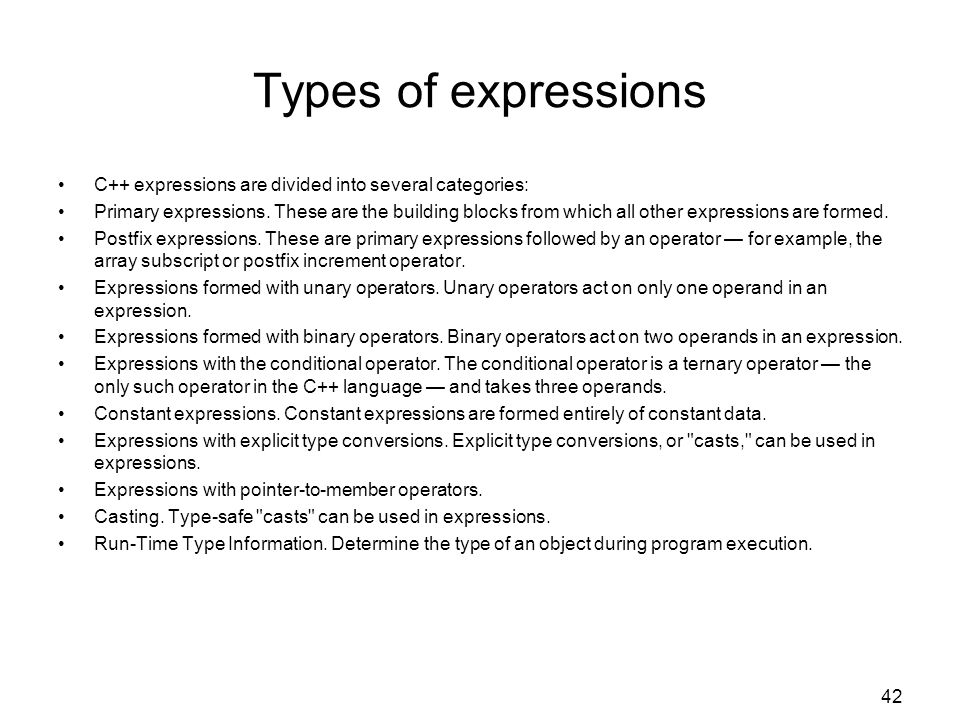Expressions and its uses in #C program (module 11)
In this section we will discuss on the different expressions in C and there uses in functions and in any C program

Do you have similar website/ Product?
Show in this page just for only
$2 (for a month)

0/60
0/180
This is the 11th module on learning C with us. Earlier we discussed on the basic introduction and structure of C, preprocessor it's features, intermediate and executable codes. compilation and execution process of a C program. And keywords and identifiers, data types, variables and constants, scope of variables, operators in C.
int main()
In this section we will discuss on the different expressions in C and there uses in functions and in any C program.
Expressions in #C :-
An expression is a sequence of operators and operands that reduces to a single value. Expressions can be simple or complex. A operator is a syntactical token that requires an action be taken. An operand is an object on which an operation is performed.
A simple expression contains only one operator. Eg. 2+3 is a simple expression whose value is 5.

Arithmetic expressions is a combinations of variables, constants, & operators arranged according to the syntax of C language.
Some example :
A*B-C
(M+N)*(X+Y)
Expressions are evaluated using an assignment statement of the form
Variable = expression
The precedence or priorities of operator are as follows:
High * , / , %
Low + , -
An expression is evaluated in left to right & value is assigned to variable in left side of assignment operators.
{ float a=9,b=23,c=3,x,y,z;
x = a-b/3+c*2-1;
y = a-b/(3+c)*(2-1);
z = a-(b/(3+c)*2)-1;
printf("valurs of x y z are %d %d %d"x,y,z);
}
In next module we will continue on the next module on type of conversion in C i.e module 12. For more information please be updated with us as we provide all the modules and cover all the topics regarding #C. Only on Www.newsandstory.com
CONTINUE READING
Programming
coding
learning
Dalpat I
Content writer
